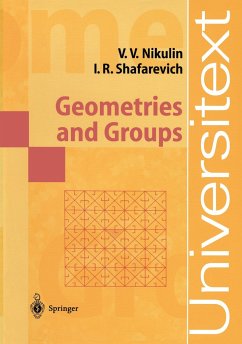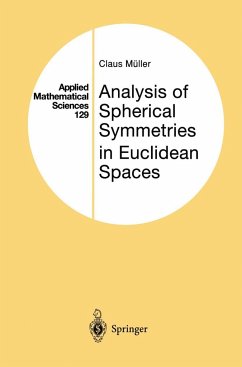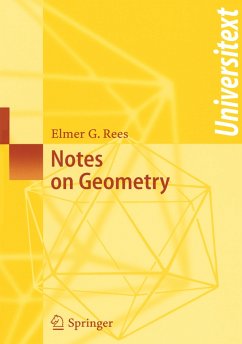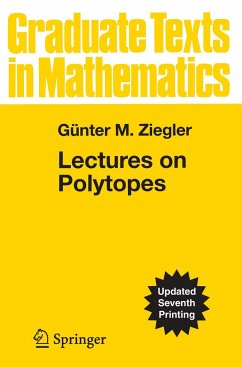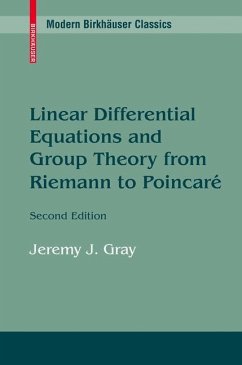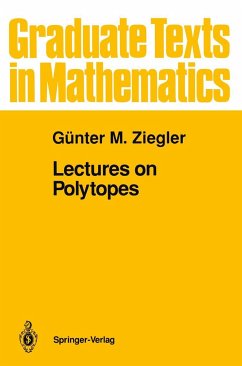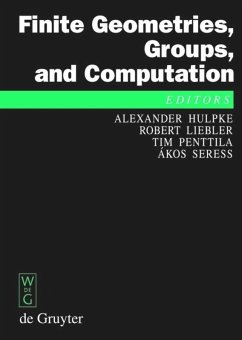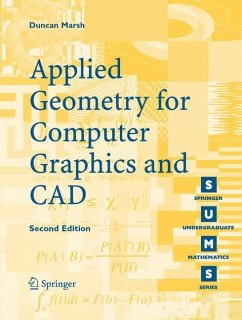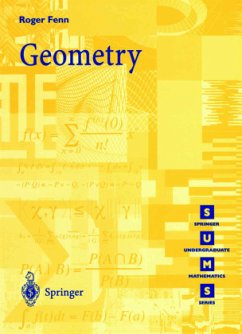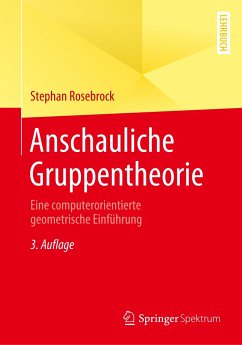
Symmetries

PAYBACK Punkte
14 °P sammeln!
The main object of study for this book is geometry, with group theory providing an appropriate language in which to express geometrical ideas. Key features include: An overview of the preliminaries from group theory and geometry Coverage of the discrete subgroups of the Euclidean group A clear and complete derivation and classification of the 17 plane crystallographic groups Tessellations of various spaces (they are constructed, described and classified) A brief introduction to hyperbolic geometry. Each chapter contains a number of exercises, most with solutions, and suggestions for background, alternative and further reading. The author's accessible and down-to-earth approach make this an ideal introduction for readers in the second or third year of a mathematics undergraduate course. It is also recommended for mechanical engineers, architects, physicists and crystallographers needing an understanding of 3-dimensional geometry, symmetry and trigonometry.
" ... many eminent scholars, endowed with great geometric talent, make a point of never disclosing the simple and direct ideas that guided them, subordinating their elegant results to abstract general theories which often have no application outside the particular case in question. Geometry was becoming a study of algebraic, differential or partial differential equations, thus losing all the charm that comes from its being an art." H. Lebesgue, Ler;ons sur les Constructions Geometriques, Gauthier Villars, Paris, 1949. This book is based on lecture courses given to final-year students at the Uni versity of Nottingham and to M.Sc. students at the University of the West Indies in an attempt to reverse the process of expurgation of the geometry component from the mathematics curricula of universities. This erosion is in sharp contrast to the situation in research mathematics, where the ideas and methods of geometry enjoy ever-increasing influence and importance. In the other direction, more modern ideas have made a forceful and beneficial impact on the geometry of the ancients in many areas. Thus trigonometry has vastly clarified our concept of angle, calculus has revolutionised the study of plane curves, and group theory has become the language of symmetry.





